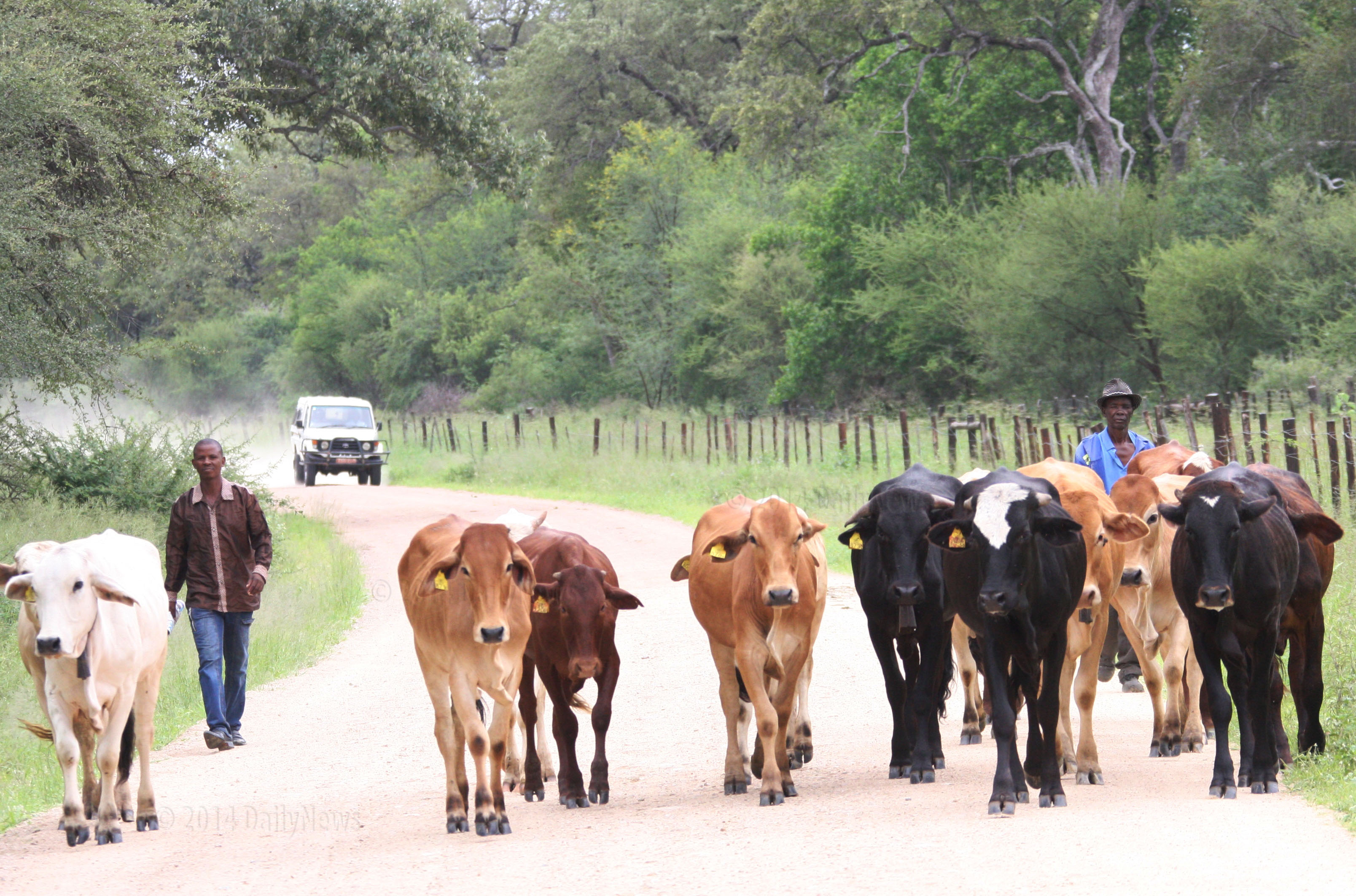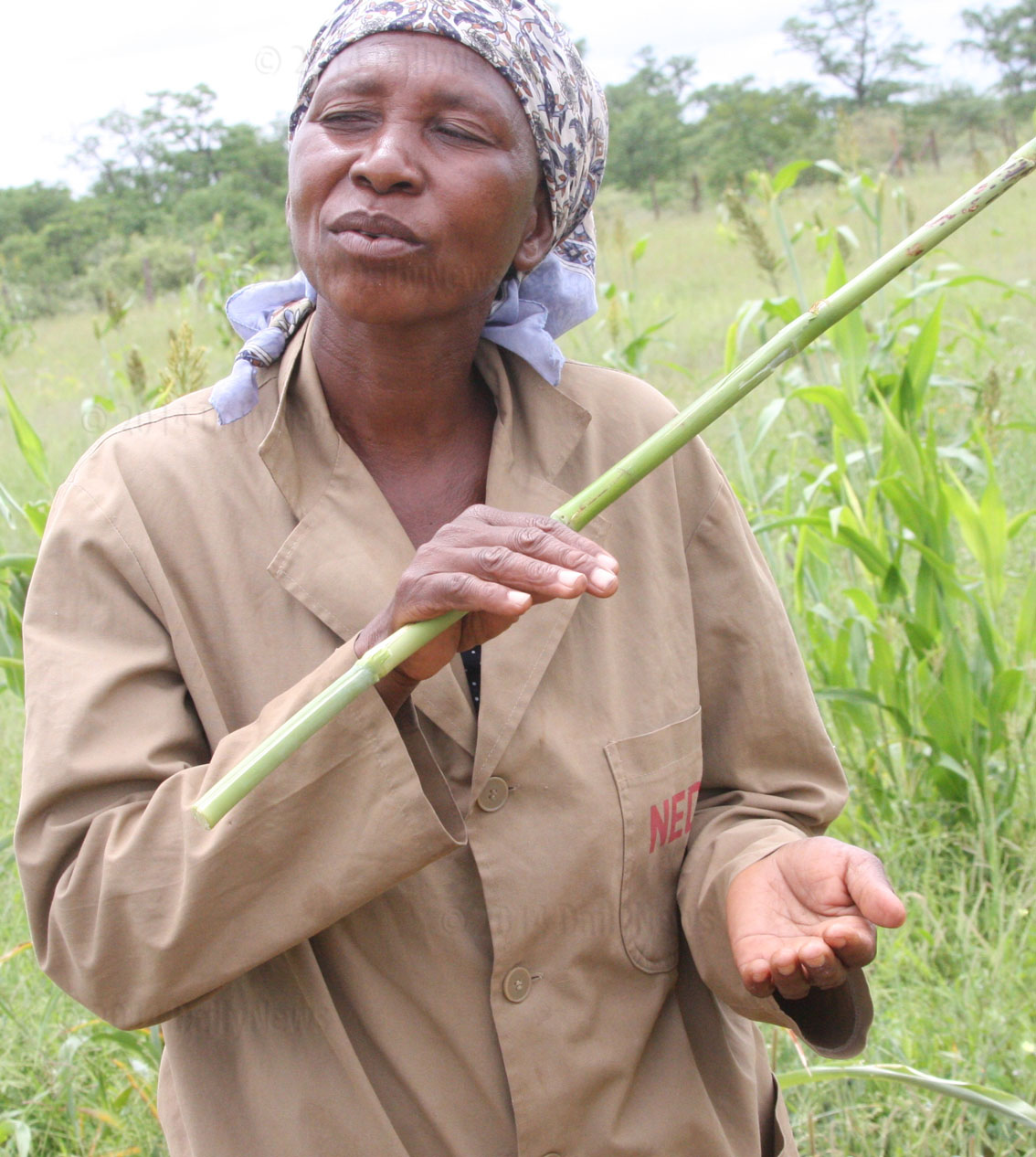Matopi farmers return to cattle post
16 Jan 2014
Since the outbreak of the foot and mouth disease in Zone 6 in 2011, farmers in Matopi had been left as paupers after cattle and goats, their only source of livelihood were killed to control the disease.
Many residents of Matopi which is on the Southern part of Matsiloje, near the Zimbabwean border are subsistence farmers and the culling of cattle meant that they had to abandon their cattle posts and return home where they were fewer economic opportunities. Not only were farmers affected, even herdsmen watched helplessly as the only place where they made a living was left empty, hence forcing them to make the long and painful trek back home to stare poverty in the face.
After both their cattle and goats were killed most households, who relied on their livestock to make ends meet, were thrown deep into poverty and had to rely solely on the Ipelegeng programme and the council’s social services food rations. However, these could not cope as demand was too high. With the eradication of the disease towards the end of 2013, government started the restocking exercise and many farmers who had become accustomed to being idle are now being kept on their toes by the arrival of cattle, mostly heifers.
The restocking exercise in Zone 6 needed 25 959 cattle and 14 700 small stock. The days of spending time under tree shade sleeping and imbibing alcohol have come to an end for Matopi farmers. Herdsmen are back at work and pressure on the Ipelegeng and the destitute programme would most definitely be eased.
While farmers are rejoicing about the return of their livestock, they also posited that the animals are just too wild for their liking. One of the farmers, Mr Martson Salani, explained that the other challenge that they have was that most of the cattle were dying due to heart water. “Some of these cattle come from areas where there are no ticks which cause heart water and need monitoring and vaccination. This is now a burden to us as farmers because we expected government to keep these animals in quarantine camps to observe their condition for a long time,” he said.
However, he explained that upon arrival farmers were given their animals immediately without observations and they had to deal with health scares despite the fact that most people were poor and could not afford to buy medicines. This, despite the fact that the Permanent Secretary in the Ministry of Agriculture, Dr Micus Chimbombi, informed Zone 6 farmers during a meeting in Ditladi last year before the restocking exercise that cattle would be vaccinated before being distributed.
Mr Salani who received 36 cattle also noted that even when they bought the medicines, it proved difficult to find veterinary officers as they were still busy with the restocking exercise. Kgosi Tshimologo Toteng of Matopi, who is one of the farmers who received cattle, shared similar sentiments and noted that the because the cattle come from different areas, they have taken a long time to bond as a group since their arrival in October.
She explained that some can stray as far as Matsiloje. This, she highlighted, might be attributed to the fact that unlike during the 2003 restocking exercise, the current cattle did not spend enough time together in government farms. She was also grateful that some of the animals have already calved. However, she decried the fact that it was no longer easy to find herdsmen after the area stayed for a long time without livestock.
“With these animals we are always on high alert following their every move throughout the day, both parents and children,” she said. “We cannot rest until these cattle have got accustomed to this area and I urge all farmers to look after their cattle.”
She also said that in one instance a farmer who was given eight cattle lost five of them as they disappeared. However, Kgosi Toteng observed that children were not as careful as their parents when it came to looking after cattle. Consequently, she noted that the challenge right now was to juggle between ploughing and looking after cattle at the same time. Though, she said the culling of cattle impoverished a lot of people in Matopi, she also appreciated the fact that it was done in the interest of the farmers and said the pastures had also recovered due to the good rains their area received.
The good rains, she also noted, were a bitter sweet experience as cattle did not rely on one source for water, hence they sometimes stray away and still get water in streams away from cattle posts. “I am also happy about the quality of cattle, especially the Charolais and Simmental which are timid, easy to control and not as wild as the Brahmans. However, she also said that their goats were facing threats of predators which roam the area and have killed a substantial number since the restocking exercise started. ENDS
Source : BOPA
Author : Puso Kedidimetse
Location : FRANCISTOWN
Event : Feature article
Date : 16 Jan 2014








